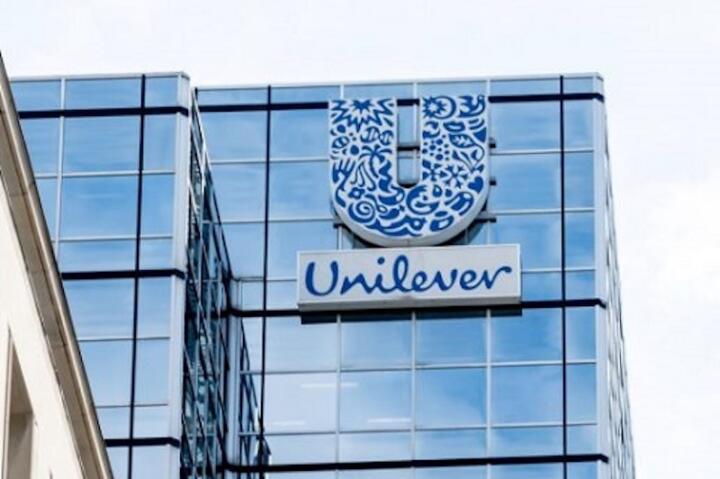Unilever has announced a significant milestone in its sustainability efforts, achieving plastic neutrality in November 2024. This achievement underscores the company’s commitment to reducing plastic waste and advancing environmental sustainability across its global operations.
What Plastic Neutrality Means
Plastic neutrality implies that Unilever has successfully offset its plastic usage by ensuring an equivalent amount of plastic is removed from the environment. This is achieved through initiatives like recycling, waste collection programs, and partnerships focused on environmental restoration.

Key Drivers of the Achievement
- Recycling Initiatives:
Unilever scaled up its recycling efforts by collaborating with waste management organizations to process plastic waste effectively. - Use of Recycled Materials:
A significant portion of Unilever’s packaging now incorporates recycled plastics, reducing the demand for virgin materials. - Consumer Programs:
Campaigns encouraging consumers to participate in recycling and adopt sustainable habits have been instrumental. - Partnerships for Impact:
The company has partnered with NGOs, local governments, and environmental groups to support waste collection and processing in underserved regions.
Official Statement
Speaking on the achievement, a Unilever spokesperson stated, “Achieving plastic neutrality is a testament to our commitment to tackling the global plastic waste crisis. We understand the urgency of reducing our environmental footprint and will continue to innovate and collaborate to create a circular economy for plastics.”
Broader Sustainability Goals
Unilever’s plastic neutrality aligns with its broader sustainability agenda, including:
- Reducing virgin plastic usage by 50% by 2025.
- Collecting and processing more plastic than it sells.
- Transitioning to fully recyclable, reusable, or compostable packaging by 2030.
Impact on the Environment
Achieving plastic neutrality is a critical step toward mitigating plastic pollution. Experts highlight that large-scale corporate efforts like Unilever’s can significantly reduce the environmental burden of plastic waste, particularly in developing countries where waste management infrastructure is limited.
Challenges and Next Steps
While this milestone is commendable, challenges remain in scaling plastic neutrality efforts across all markets and industries. Unilever aims to maintain its momentum by investing in advanced recycling technologies, exploring alternatives to plastic packaging, and advocating for policies that support sustainable practices.
A Global Model for Change
Unilever’s achievement sets a benchmark for other corporations, demonstrating that ambitious sustainability goals are attainable. As the company continues to innovate and lead by example, it contributes to a global movement toward a cleaner, greener future.
Support InfoStride News' Credible Journalism: Only credible journalism can guarantee a fair, accountable and transparent society, including democracy and government. It involves a lot of efforts and money. We need your support. Click here to Donate
